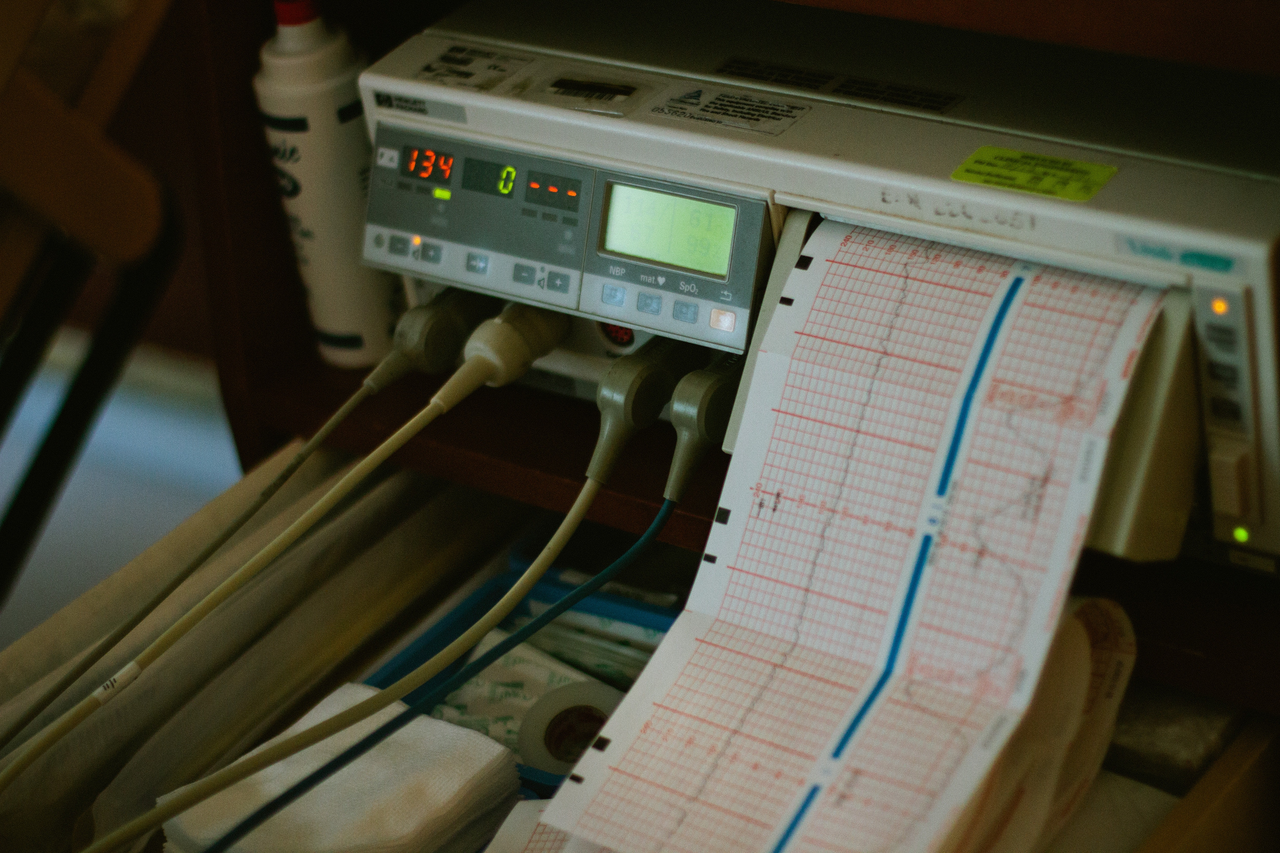Alternative Data for Healthcare Investors (Part II): Predicting Clinical Trial Outcomes
Keava Low, Senior Analyst (London)

Drug development pipelines are the foundation on which pharma and biotech companies build their future success. Consequently, share price volatility is commonplace around the announcement of clinical trial results. In this report, we expand on our previous work – Using Alt Data to Evaluate Pharma Pipelines – by exploring a) the impact of clinical trial outcomes on the market value of pharma and biotech companies and b) predictive factors that could be used to estimate clinical trial outcomes.
In Part I of our healthcare-focused intelligence series, we provided an introduction to Real-World Data (RWD) – this data is often used after a drug, procedure, or medical device has been brought to market to understand its utilisation and performance in the real world. While RWD is useful for forecasting revenues generated by currently marketed products, among other use cases, investors may also want to consider the impact of a company’s drug development activities on stock market performance.
For this reason, in Part II we explore the topic of clinical development activity and its value to shareholders by asking the following questions:
- Which phases in the drug development process are the most significant drivers of shareholder value?
- How can clinical trial outcomes be predicted using a machine learning approach?